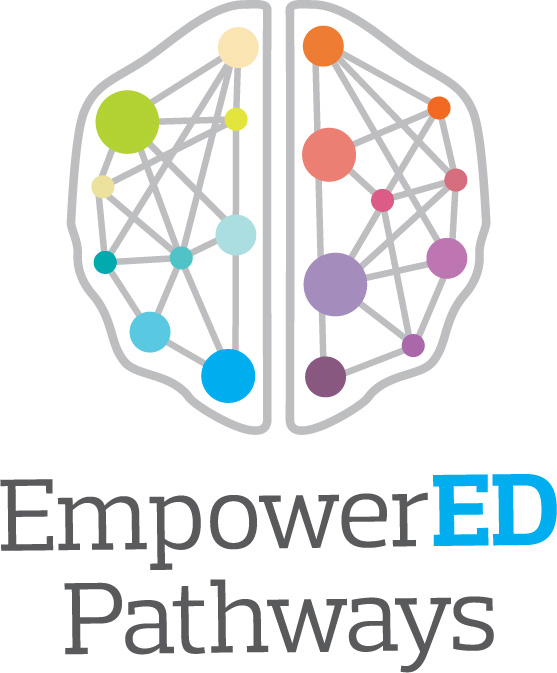สล็อตเว็บตรง ที่ดีที่สุด ไม่มีขั้นต่ำ เว็บสล็อตตรง EMPOWEREDPATHWAYS จากต่างประเทศ สมัครสมาชิกเล่นเกมได้ทุกค่าย PG SLOT ทางเข้าทันสมัย ไม่สะดุด การันตี สล็อตAPIแท้ 100%
— NORMAN DOIDGE, M.D.
A brain and humanity-based approach to life, leadership, and learning recognizes the brain continues to grow and change throughout a lifetime. These changes are dependent on the environments, experiences, and relationships we encounter. Through awareness and intention, we can leverage K-12, higher education, and workplace experience to cultivate the neural pathways of resilience, compassion, and understanding.
Empowered Humanity Theory is the only brain and humanity-based framework available to strengthen our schools, workplaces and communities.






Diversity, Equity and Inclusion: Humanity Over Ideology
May 17, 2021

Empowered Humanity Theory: A Foundation for Life, Leadership and Learning
Jun 22, 2020

Advancing Humanity with Blockchain Technology: PATH coin and EPathways Learning Platform and Loyalty Network
Jun 16, 2020
EmpowerED Pathways
PO Box 243 Golden, TX 75444
(512) 999-6328 [email protected]
CONNECT WITH US
SUPPORT OUR WORK
EmpowerED Pathways is registered as a 501(c)(3) non profit organization.
© 2019 EmpowerED Pathways | Privacy Policy | Contact